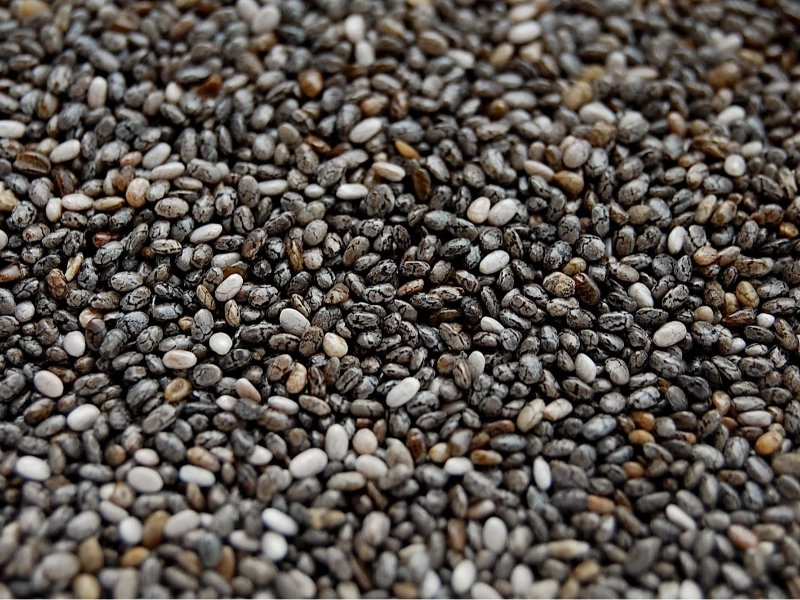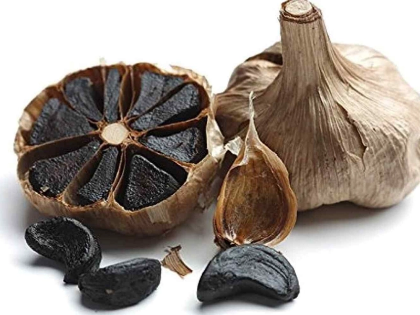12 Stomach-Friendly Foods and Why Black Garlic is the New Wellness Superstar
11. Chia Seeds: Tiny Seeds with Big Digestive Benefits

The soluble fiber in chia seeds forms a gel-like substance when mixed with liquids. This gel can help slow down digestion, stabilize blood sugar levels, and promote a feeling of fullness. Slower digestion also allows for better nutrient absorption, ensuring your body gets the most out of the food you consume.
Chia seeds are also an excellent source of omega-3 fatty acids, particularly alpha-linolenic acid (ALA). These healthy fats help reduce inflammation throughout the body and soothe the digestive tract. This can be particularly beneficial for individuals with inflammatory bowel diseases or other digestive disorders.
The seeds are also high in protein, which is essential for the maintenance and repair of the digestive system's tissues. Protein also helps keep you feeling full and satisfied, which can be helpful for individuals managing their weight or dealing with frequent hunger pangs.
Chia seeds are rich in antioxidants, including quercetin, kaempferol, and chlorogenic acid. These compounds help protect the cells of your digestive system from oxidative damage and support overall gut health.
Additionally, chia seeds act as a prebiotic, feeding the beneficial bacteria in your gut. A healthy gut flora is essential for proper digestion, nutrient absorption, and even immune system function.
Incorporating chia seeds into your diet is simple and versatile. You can sprinkle them on yogurt or oatmeal, add them to smoothies, use them in baking, or make chia seed pudding. Be sure to consume chia seeds with plenty of water, as their high fiber content can lead to constipation if not enough water is consumed.










